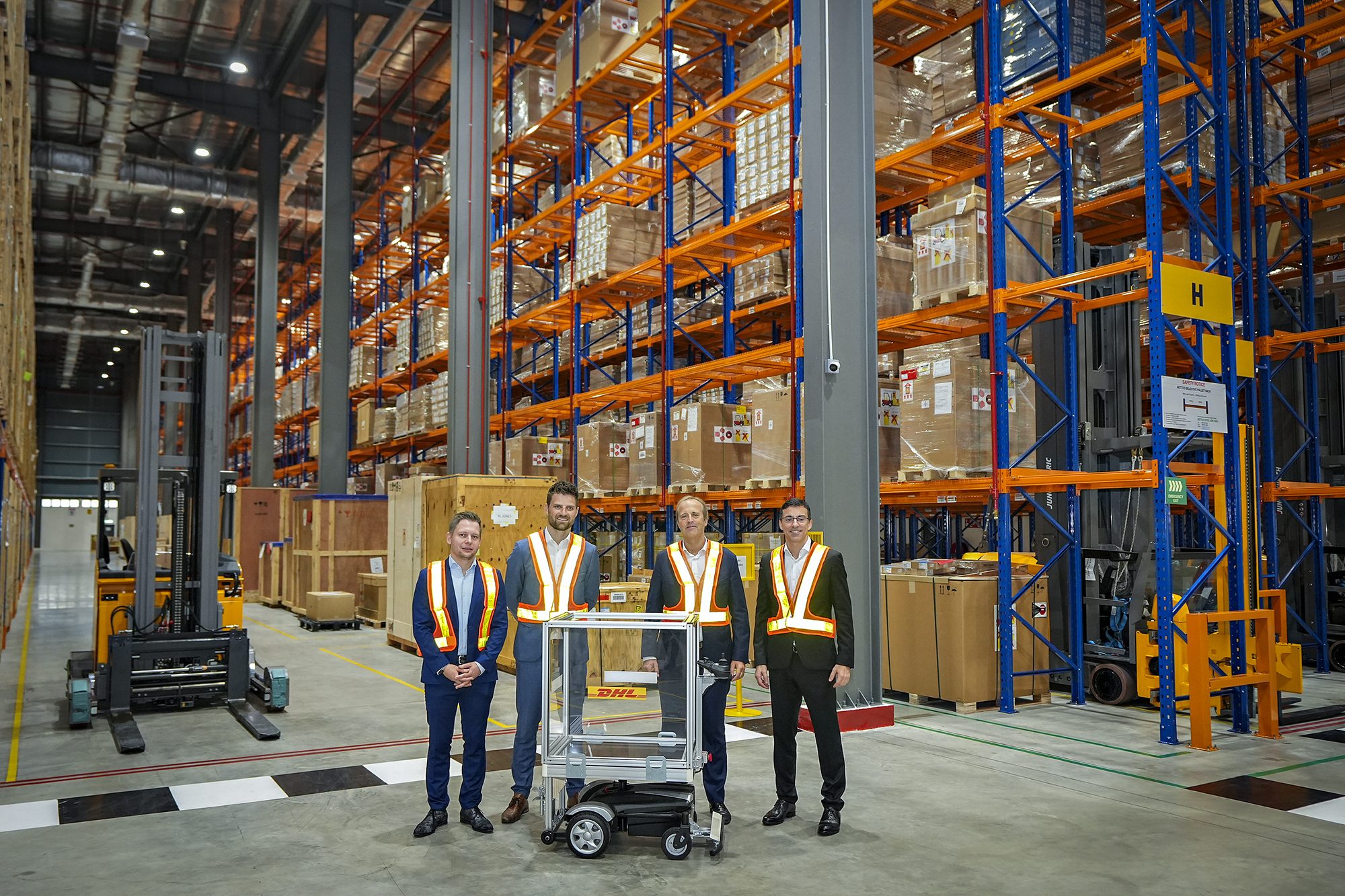Malaysia is set to become the epicenter of a significant investment from DHL, as the global logistics giant pours more than a third of its €350 million (S$507.5 million) five-year commitment into its Southeast Asia supply chain business. The lion’s share of this substantial investment is headed to Penang, which is experiencing a semiconductor investment boom, thanks to a shift in global supply chain strategies.
Penang and its neighboring state, Kedah, have been beneficiaries of the “omni-sourcing” trend, driven by businesses adopting a “China+1” policy to diversify their supply chains and reduce risk. The semiconductor industry, in particular, has faced challenges due to trade barriers imposed by the United States against China, making it imperative for companies in this sector to explore alternative supply chain options.
Penang, often dubbed the “Silicon Valley of the East,” has witnessed a remarkable doubling of exports over the past five years, reaching RM463 billion (S$133.5 billion) in 2022, largely driven by the electronics sector. Integrated circuits alone contributed more than 40 percent of this export value, with electronics such as telecommunications equipment, scientific instruments, photocells, and more making up nearly four-fifths of all exports.
DHL Supply Chain (DHL SC) has taken an active role in this regional growth story. In 2023, it commenced operations at its fourth logistics hub in Penang’s industrial zone, Bayan Lepas, known as PLH4. Furthermore, DHL SC is gearing up for the launch of its fifth hub in Penang in 2024, an investment worth RM150 million. This expansion represents a significant commitment to increasing its footprint, adding almost 50 percent more floor space over the next five years. Additionally, DHL plans to establish two of its four new facilities in Penang, as part of a €131 million investment in Malaysia.
Geopolitical tensions, largely stemming from the US-China “chip war,” are the driving force behind the shift toward omni-sourcing. This trend signifies a major restructuring of global supply chains as companies seek to source inputs outside China efficiently, with Malaysia emerging as a key destination due to its moderate costs, abundant labor supply, and excellent access to air and sea transport.
The COVID-19 pandemic, which forced the world into a new normal of physical distancing, witnessed a surge in demand for electronic devices crucial for a contactless reality. Simultaneously, the production capacity of semiconductor firms experienced disruptions due to forced closures and reduced operations.
Penang was no exception to these challenges, with firms adhering to government-mandated and self-imposed protocols to minimize the spread of the virus. However, it was not the workforce but rather the lack of essential components that posed a bottleneck for semiconductor companies on the island.
DHL SC Asia-Pacific CEO Javier Bilbao noted that the pandemic “vindicated” the importance of the logistics industry, which played a pivotal role in keeping the world running during lockdowns. DHL SC’s substantial commitment to Malaysia underscores the nation’s potential for manufacturing growth.
Singapore is set to receive the next largest share of DHL’s regional investment pie, totaling €104 million.
Malaysian logistics players are also reaping the benefits of the country’s industrial expansion. One such example is Infinity Logistics, which celebrated its 20th anniversary in September. Despite listing on the Hong Kong stock exchange at the onset of the pandemic, its shares quickly soared, demonstrating the robust growth potential in the logistics sector.
What sets DHL SC apart is its rapid adoption of the latest digitalization trends. During a media tour of its PLH4 hub, advanced technologies were on full display, with robots working alongside staff and custom forklifts that could pick pallets with precision. PLH5 and the subsequent hubs promise even more precise handling of goods, crucial in the semiconductor industry where nanometer-level precision is a must.
(Source: Shannon Teoh | Straits Times)









